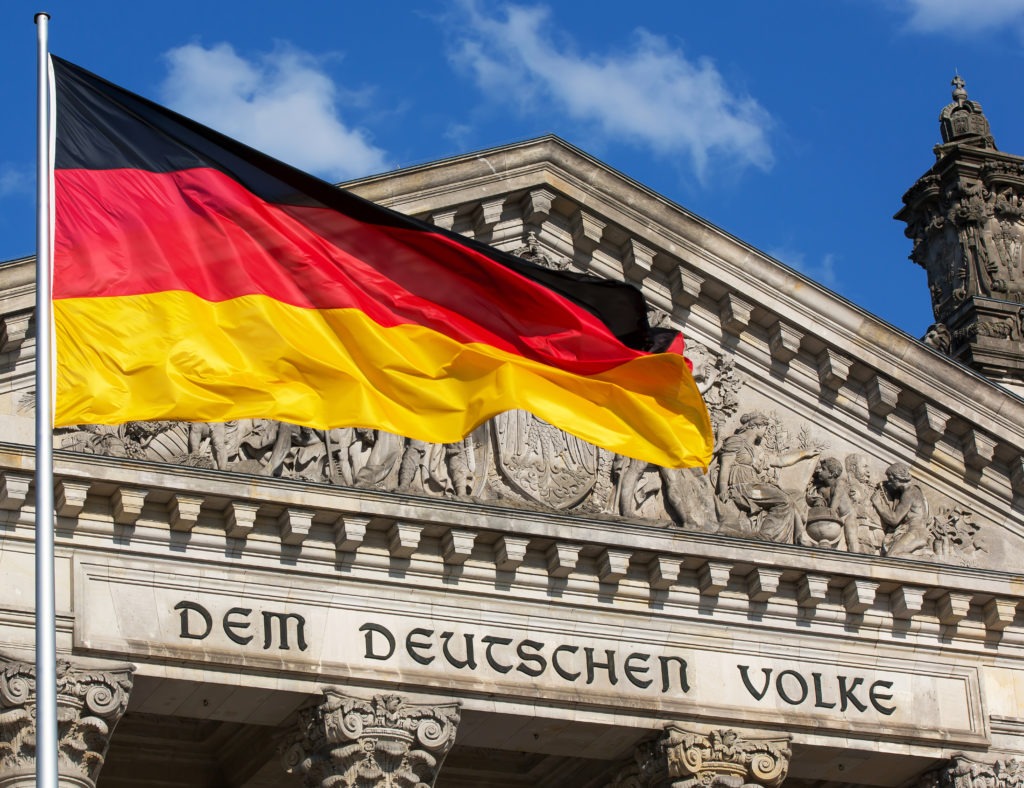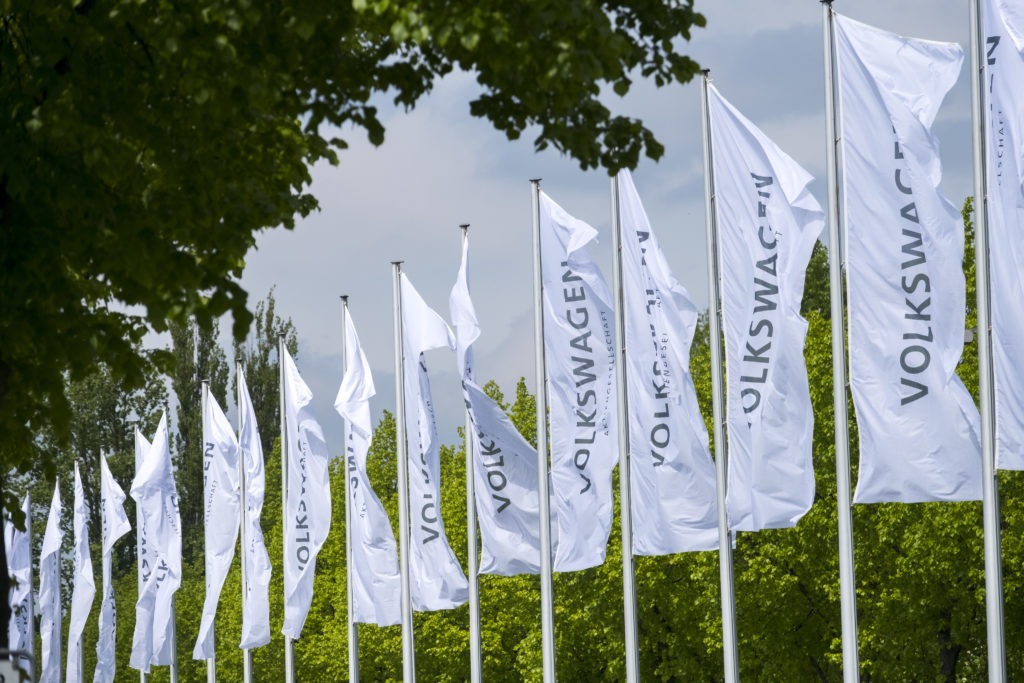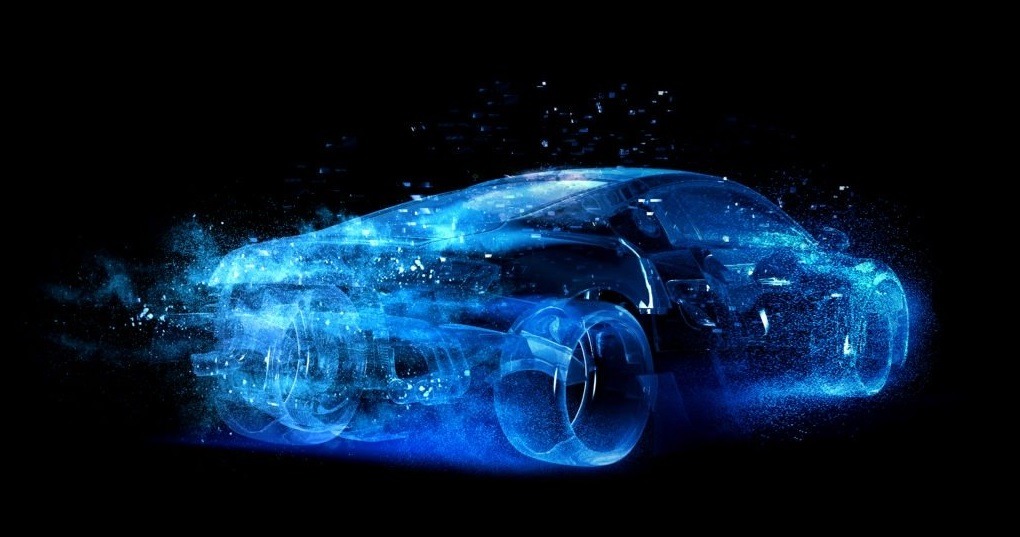The German election and what carmakers want
29 September 2021

Germany’s game-changing election last weekend will have a significant impact on the country’s automotive industry, and Europe’s largest carmaker Volkswagen (VW) was quick to respond to the results.
In an unusual move, VW CEO Herbert Diess took to Twitter and listed a number of suggestions he wants the next coalition government to take note of. For carmakers, coalition negotiations will prove pivotal as political views differ on carbon taxes, net-zero CO2 emissions, and when to ban the sale of internal-combustion engines (ICE) in an effort to fight climate change.
Climate policy reforms
While the election results have come in and the centre-left narrowly beat Angela Merkel’s conservatives, it is not clear who will govern the country as talks between bigger and smaller parties still lie ahead. This, however, has not stopped Diess from airing his views in public.
‘The fact that climate policy reforms and modernisation and digitalisation are high on the agenda is a good basis for the coalition negotiations,’ the VW CEO said. ‘We have thought about it and would like the following 10 points to be included in the negotiations.’
Diess announced an ambitious climate policy programme, a wish list so to speak, which he wants the future government to take into consideration. The company’s publicised green approach is notable, considering VW was involved in an extraordinary global emissions scandal. Only last week, the German car manufacturer was accused of emissions manipulation by an Advocate General of the European Court of Justice. Greenpeace is also in the middle of preparing legal proceedings against the group but welcomed Diess’ announcement.
‘It is good that Herbert Diess, a CEO, is emphasising that climate protection needs a political framework with clear guidelines,’ Greenpeace campaigner Benjamin Stephan told Autovista24. ‘With an exit from the ICE by 2030, VW can make an enormously important contribution to the 1.5 degree target. Only with such a step can Diess show that VW is no longer part of the climate problem.’
Tangible measures
VW and other carmakers are going through a major digital and environmental transformation. Diess said ‘only tangible measures will advance decarbonisation’ as he argued for the next German government to raise the price of CO2 to €65 per tonne in 2024 – this would promote the switch to climate-friendlier renewable energies.
The VW CEO wants to see an end to subsidies for fossil fuels and called for renewable energies to be expanded to at least 255GW by 2030. Diess demands the retention of the purchase incentives for electrically-chargeable vehicles (EVs), but to reduce them gradually by 2025. The manager has also called on the next government to expand the charging infrastructure for EVs, echoing similar sentiments from the German Association of the Automotive Industry (VDA).
VW is not the only company that has been vocal about this. BMW Group also stressed the importance of reliable and future-oriented framework conditions. ‘For us, this means we deliver the electric vehicles, politics provides the necessary infrastructure,’ a spokesperson told Autovista24. The Munich-based manufacturer added that digitalisation needs to be accelerated at all levels. ‘Economies that master digitalisation better also get through the crisis better,’ the company said.
Diess would likely agree. He added that funding for electrified car-sharing services is ‘a must’, while the same applies to bicycles and e-bikes. He did not fail to address the future of mobility and made his stance clear. ‘Autonomous driving is our future’, he said, demanding a nationwide 5G network, which would enable faster connections between transport systems and advance the development of autonomous cars.
At first glance, Diess demands seem to follow a green direction, but VW is also pursuing its own goals. The manufacturer is on an electric offensive and more than doubled deliveries of full-electric vehicles in the first half of the year. Additionally, the carmaker is developing a self-driving system for autonomous shuttles with its partner Argo AI, while the group’s software company Cariad is creating SAE Level 4 automated-driving capabilities for passenger cars. Having policies in place that support VW’s objectives would obviously suit the manufacturer.



